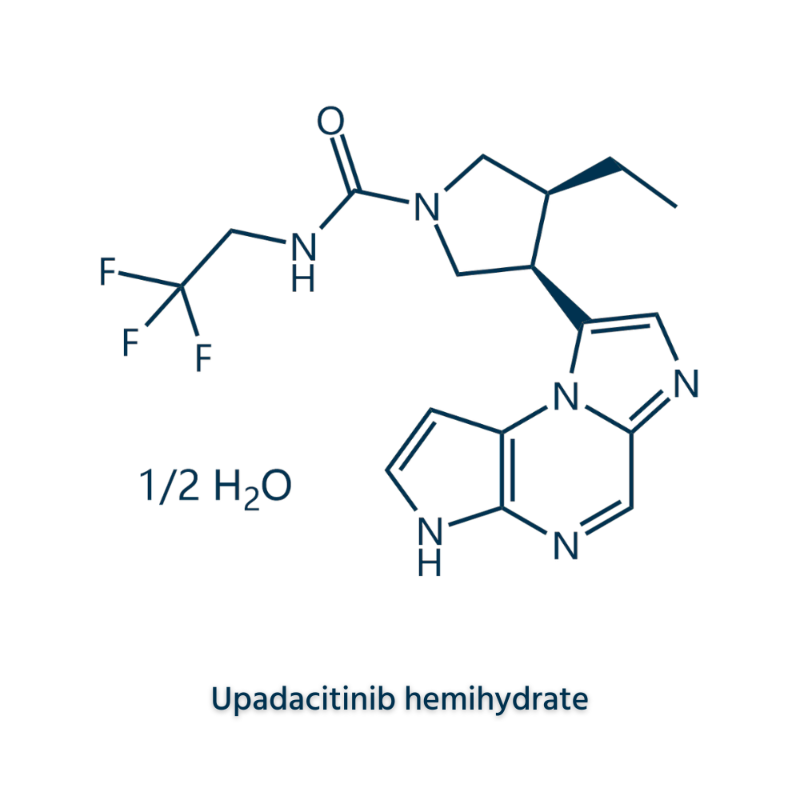-
Categories
-
Pharmaceutical Intermediates
-
Active Pharmaceutical Ingredients
-
Food Additives
- Industrial Coatings
- Agrochemicals
- Dyes and Pigments
- Surfactant
- Flavors and Fragrances
- Chemical Reagents
- Catalyst and Auxiliary
- Natural Products
- Inorganic Chemistry
-
Organic Chemistry
-
Biochemical Engineering
- Analytical Chemistry
-
Cosmetic Ingredient
- Water Treatment Chemical
-
Pharmaceutical Intermediates
Promotion
ECHEMI Mall
Wholesale
Weekly Price
Exhibition
News
-
Trade Service
We know that DNA is damaged all the time.
When DNA is damaged and cannot be repaired properly, mutations occur, resulting in new mutations
.
Since the first half of the 20th century, evolution has been dominated by the idea that DNA mutations occur randomly in the genome
DNA mutations occur randomly in the genome DNA mutations occur randomly in the genome
"We've always assumed that mutations are basically random in the genome," said Gray Monroe, lead author of the paper and assistant professor in the UC Davis Department of Plant Sciences
.
"It turns out that mutation is very non-random, and it's beneficial to plants in some way
On January 12, 2022, researchers from the Max Planck Institute for Developmental Biology in Germany, the University of California, Davis and other institutions published a paper entitled: Mutation bias reflects natural selection in Arabidopsis thaliana in the top international academic journal Nature.
research paper
.
The study found that mutations in DNA are not random, and in some important regions of the genome, the frequency of DNA mutations is significantly reduced
.
This changes our understanding of evolution, and the findings may help scientists develop better crops and even help humans fight cancer
NA mutations are not random NA mutations are not random Help humans fight cancer Help humans fight cancer
To explore whether the DNA mutations are random or have deeper mechanisms, the research team spent three years sequencing the DNA of hundreds of Arabidopsis species
.
Arabidopsis thaliana is a model organism for studying genetics, like a guinea pig in plant research
The research team grew Arabidopsis specimens in a protected laboratory setting, allowing defective Arabidopsis thaliana that might not survive in nature to survive in a controlled environment
.
Sequencing hundreds of Arabidopsis species uncovered more than a million mutations, revealing a nonrandom mutational pattern among them
It was previously theorized that initial mutations are completely random, and that natural selection determines which mutations can be observed in an organism
.
But the new study found that these mutations were not random, and that the frequency of genetic mutations was lower in those important regions
Using independent genomic mutation databases, including the largest Arabidopsis mutation accumulation experiment conducted to date, the research team demonstrated that epigenomic and physical features explain 90% of this genome-wide mutational bias of varying frequencies of mutations in different regions
.
The team believes that epigenome-related mutational bias reduces the occurrence of deleterious mutations
These findings add a surprising twist to Darwin's theory of evolution by natural selection, showing that DNA mutations in evolution are not random or directionless
.
Detlef Weigel, corresponding author of the paper, said the finding that plants have evolved a way to protect the most important regions of their genomes from mutation is exciting because we can also use these findings to study how to protect human genes from subject to mutation
.
Additionally, understanding why certain regions of the genome are more mutated than others could help breeding researchers who rely on genetic variation create better crops
.
Scientists can also use this information to better predict or develop new treatments for diseases such as cancer caused by DNA mutations
In conclusion, the team says these findings provide a more complete picture of the forces driving natural patterns of variation, challenge long-standing theories about mutational randomness, and provide future directions for theoretical and practical research on mutation in biology and evolution
.
Original source:
Original source:Monroe, JG, Srikant, T.
, Carbonell-Bejerano, P.
et al.
Mutation bias reflects natural selection in Arabidopsis thaliana .
Nature (2022).
https://doi.
org/10.
1038/s41586-021-04269-6.







